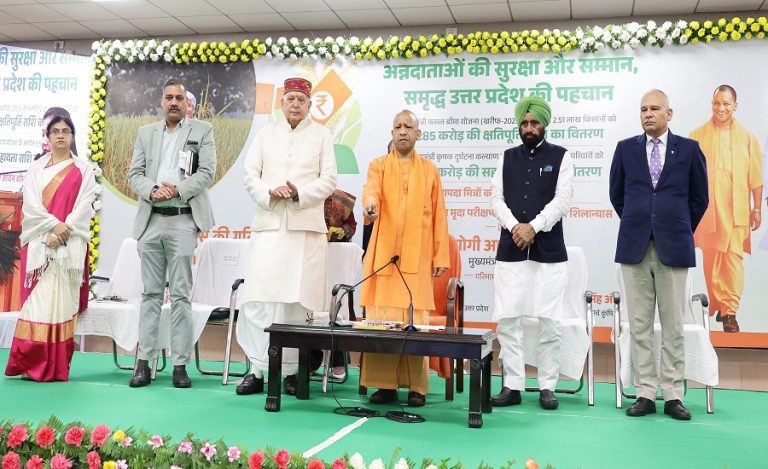Bhopal: In a landmark move for international wildlife conservation, India is set to relocate tigers to Cambodia, marking the first time in the world that tigers will be settled in another country. This historic initiative comes after tigers were declared extinct in Cambodia in 2016, and now the two nations have signed a formal agreement to reintroduce the species into the Cardamom Mountains.
Under the pact, about six tigers—carefully selected for genetic strength, behavioral traits, and adaptability—will be sent to Cambodia. The process is being carried out with cautious precision to ensure ecological and biological compatibility.
Madhya Pradesh Likely to Lead Tiger Contribution
With 785 tigers, Madhya Pradesh holds the largest tiger population in India and is at the forefront of discussions. Reserves like Kanha, Bandhavgarh, and Pench are being considered as potential sources for the tigers, alongside reserves in Maharashtra and Karnataka.
According to the 2022 All-India Tiger Census, India is home to 3,682 tigers, and MP alone accounts for over 21% of the national population.
Reintroduction Plan Under Careful Evaluation
India had previously undertaken successful intra-country tiger relocations, notably in Panna Tiger Reserve in 2009. However, international relocation presents new challenges.
Wildlife experts emphasize the need for abundant prey, suitable habitat, and anti-poaching security in Cambodia for the reintroduction to succeed. “Tigers are territorial and require sufficient prey—about 10–15 large herbivores per animal—to thrive,” said noted conservationist Dr. K. Ullas Karanth.
He also cautioned that while Cambodia has large forested areas, including the provinces of Mondulkiri and the northern plains, rampant hunting over the years has depleted prey populations. “If poaching is not controlled and prey numbers remain low, this effort could falter,” he warned.
Timeline Delayed for Due Diligence
The initial plan was to relocate the tigers by late 2024, but the Indian government has opted for a more measured and cautious approach. Wildlife scientists are currently evaluating both the origin sites in India and the target habitats in Cambodia to ensure long-term sustainability.
An official involved in the project stated, “This isn’t just about sending tigers—it’s about giving them a future. Choosing the right individuals based on their genes, health, and temperament is crucial.“
A Global Conservation Milestone
The India-Cambodia tiger relocation project mirrors India’s 2022 introduction of African cheetahs into Kuno National Park, though experts note that tigers require larger territories, more prey, and stronger territorial instincts than cheetahs, making this initiative more complex.
Nevertheless, if successful, it could set a global precedent in species reintroduction and transboundary conservation.
Wildlife Conservation
India’s decision to share its apex predators with a country that once lost them demonstrates global leadership in wildlife conservation. As the project moves forward, it underscores the intricate balance between ecological responsibility and international collaboration.




























